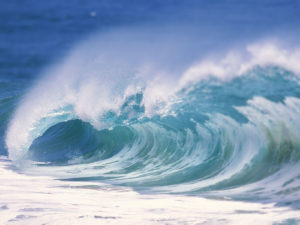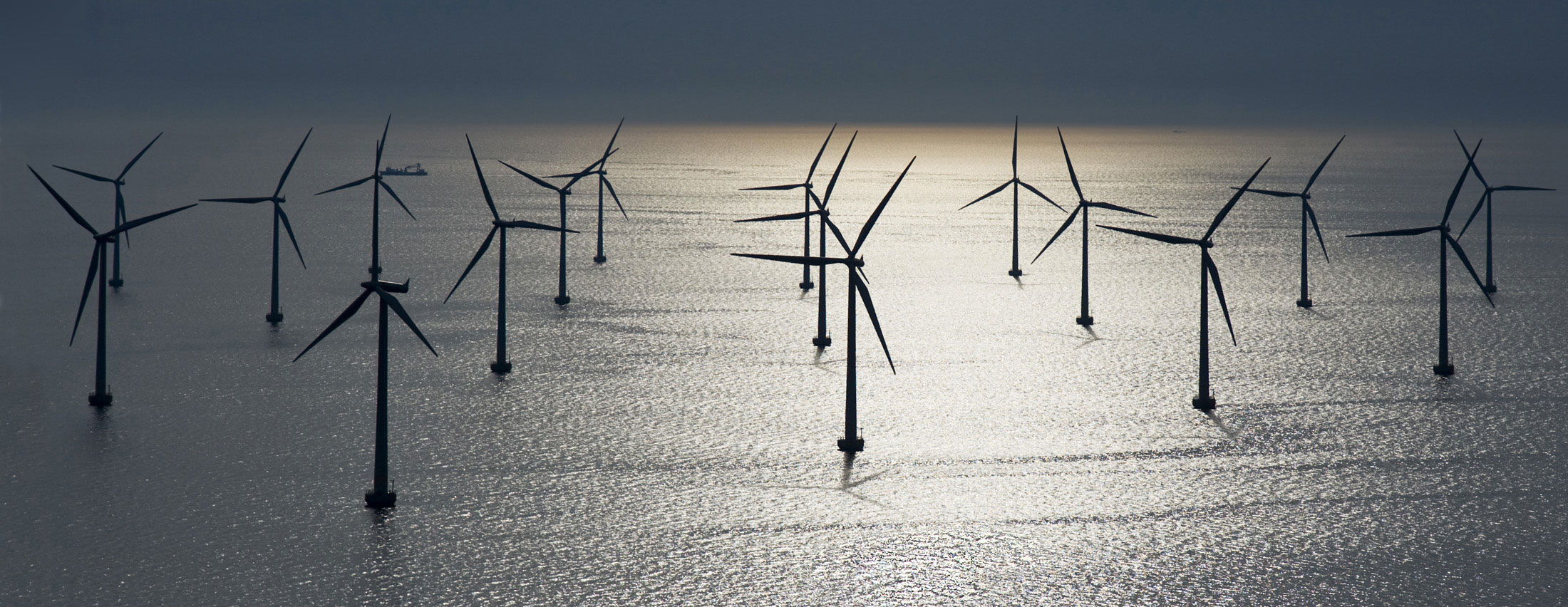 European Commission presented a new action plan to facilitate the further development of the renewable ocean energy sector in Europe.
European Commission presented a new action plan to facilitate the further development of the renewable ocean energy sector in Europe.
The action plan should help drive forward this nascent ‘blue energy’ sector towards full industrialisation. Ocean energy covers all technologies to harvest the renewable energy of our seas and oceans other than offshore wind.
The ocean energy resource available globally exceeds our present and projected future energy needs. It could be harvested in many forms, for example through wave energy and tidal stream energy. Exploiting ocean energy would set the EU further on track to becoming a low-carbon economy and, by cutting EU dependence on fossil fuels, would enhance energy security. Moreover, ocean energy could help to balance out the output of other renewable energy sources such as wind energy and solar energy to ensure a steady aggregate supply of renewable energy to the grid. In addition, ocean energy has the potential to create new, high quality jobs, particularly in Europe’s coastal areas which often suffer from high unemployment.
Despite its undoubted potential, this promising new sector is facing several challenges which need to be faced to support this emerging sector to reap significant economic and environmental benefits and become cost-competitive with other forms of electricity generation: technology costs are high and access to finance is difficult; there are substantial infrastructure barriers, such as grid connection issues or access to adequate port facilities and specialised vessels; there are administrative barriers such as complex licensing and consenting procedures, which can delay projects and raise costs; and there are environmental issues to be faced, including the need for more research and better information on environmental impacts.






